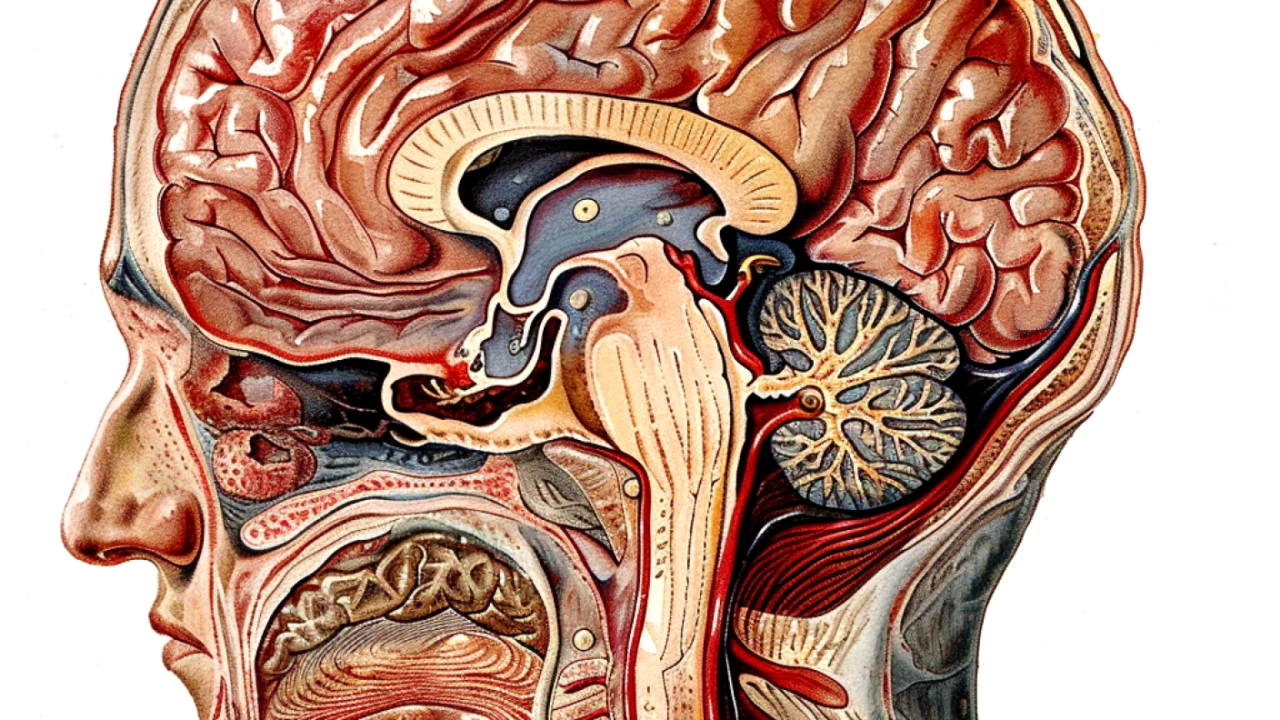When we celebrate a 25th birthday, it’s usually with a nod to reaching the quarter-century mark—a milestone of maturity in life’s journey. But did you know that turning 25 is more than just a symbolic coming-of-age? Scientifically, it’s the age when the frontal lobe of your brain, the command center for decision-making and personality, fully matures. This significant brain development brings profound changes in thinking, behavior, and emotional regulation. Let’s explore why the full development of the frontal lobe at 25 is a pivotal moment for your mental and emotional well-being.
Understanding the Frontal Lobe
The frontal lobe is a powerhouse of the brain, located right behind your forehead. It’s responsible for a wide array of critical functions, including problem-solving, memory, impulse control, and social interaction. It also plays a key role in planning complex cognitive behavior and expressing one’s personality. Despite its crucial functions, the frontal lobe is one of the last areas of the brain to fully develop, a process that culminates around the age of 25.

The Significance of Maturation
1. Enhanced Decision-Making Abilities
As the frontal lobe reaches full maturity, it enhances your ability to make considered decisions. The connections between neurons are now more efficient, and the brain’s improved myelination (the process of coating the axons with a fatty sheath, called myelin) speeds up nerve conduction. This means your capacity to evaluate the consequences of your actions is sharper, leading to better judgment and less impulsivity.
2. Improved Emotional Regulation
The early twenties are often a rollercoaster of emotions, but as the frontal lobe develops, it brings more stability. This maturity helps to regulate responses to emotional stimuli, which means less volatility and more resilience in handling life’s ups and downs. The ability to manage emotions effectively is crucial for personal and professional relationships, contributing to overall life satisfaction and mental health.

3. Refined Identity and Personality
Your mid-twenties are not just a time of physical growth but of significant psychological development. The full development of the frontal lobe allows for a more consistent and stable expression of personality. This neurological change supports a clearer sense of self and a stronger understanding of your own values, which is essential for navigating adult life and relationships.
Practical Implications
Understanding that your brain is still developing in your early twenties can be empowering. It encourages patience and mindfulness about growth and personal development. It also highlights the importance of supporting your brain health through:
- Healthy Lifestyle Choices: Engaging in regular physical activity, eating a balanced diet, and getting adequate sleep all support brain health.
- Continuous Learning and Challenges: Keeping your brain active by learning new skills or pursuing hobbies can leverage neuroplasticity, which is the brain’s ability to reorganize itself by forming new neural connections.
- Stress Management: Since chronic stress can impact brain function and development, finding effective ways to manage stress is crucial during this critical period.

Celebrating Brain Maturity
So, if you or someone you know is turning 25, celebrate not just a milestone in years, but a significant brain milestone too! Understanding the changes occurring in the brain at this age can inspire a more conscious approach to decision-making, emotional expression, and personal development. The maturation of the frontal lobe is truly a game-changer in becoming the best version of oneself, armed with enhanced mental capabilities and a deeper understanding of one’s place in the world.
By Stanislav Kondrashov



